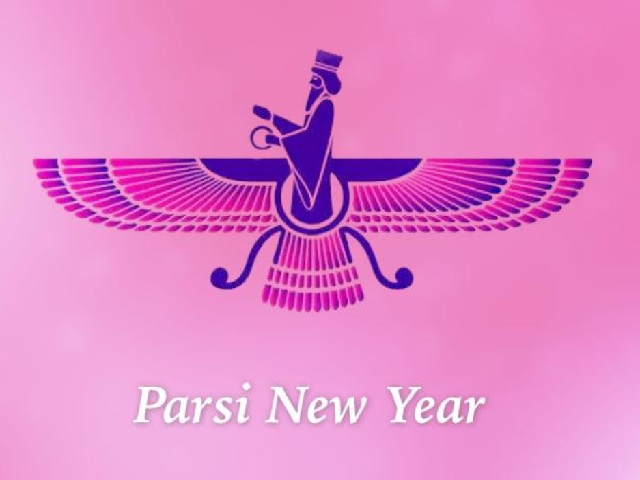
The Parsi New Year is a regional festival which is observed on the first day of Farvardin which is the first month of the Zoroastrian Calendar. The festival is also known as Navroz which is derived from the Persian words ‘Nav’ and ‘Roz’ which means a ‘New Day’.
The celebrations for Parsi New Year occur around the Spring Equinox around March 21 every year.
However, the Parsi Community in India follows the Shahenshahi Calendar which does not account for leap years, and hence the celebration for Navroz has now shifted for 200 days from its original date of the Spring equinox.
In India, the Parsi New Year is celebrated later in July and August. Navroz 2021 in India will be celebrated on August 16, 2021.
Navroz Mubarak! People of Parsi community have made immense contribution to several aspects of India’s growth & development. May the Parsi New Year bring unity, prosperity & happiness in everyone’s life and further strengthen the spirit of harmony & fraternity among our citizens.
— President of India (@rashtrapatibhvn)
August 16, 2021
Parsi New Year History
One of the earliest known monotheistic faiths, Zoroastrianism is practiced by Parsis. The creation of the faith dates back to 3,500 years ago in ancient Iran by prophet Zarathustra.
Zoroastrianism was the official religion of Persia (now Iran) from 650 BCE until the emergence of Islam in the 7th century. It was also the most significant faiths in the ancient world for over 1,000 years.
When the Islamic troops invaded Persia, several Zoroastrians fled to the lands like Gujarat in India and Pakistan. The Parsis are the largest single group in India, with an estimated 2.6 million Zoroastrians worldwide.
SignificanceThe Bastnai/Fasli Calendar, which marks the beginning day of the year on the Spring Equinox, was used by the Zoroastrians in several Middle Eastern Countries including Iran to celebrate the Persian New Year. Many people and cultures in Persia, despite the fact that they are not Zoroastrians, celebrate Navroz which is a popular festival. |
Navroz Mubarak: How the day is celebrated
On Parsi New Year, Parsis clean their homes and decorate them with flowers and rangoli and invite guests for the festivities.
The Parsi community attends the Fire Temple after breakfast and is dressed in traditional Parsi costume. They conduct a prayer known as Jashan to convey thanks to the Lord, seek pardon, and pray for prosperity. As offerings on this day water, milk, flowers, fruits, and sandalwood are placed in the sacred fire.
In addition, individuals also mark the Parsi New year by making philanthropic contributions on this day.

